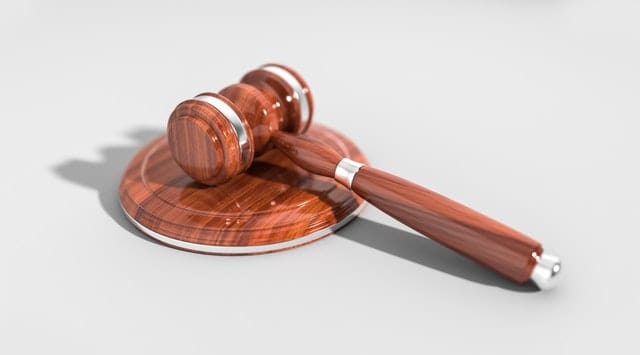

Earlier this year Governor Parsons signed into law Senate Bill 224, modifying Missouri Rule 56.01. This bill went into effect August 28, 2019, implementing Missouri’s new discovery rules. The purpose behind this bill is to seek equality of discovery and impart fair and objective standards. The main change of the rules is that it sets forth a new standard for discovery based on proportionality. The parties must now consider whether the discovery “is proportional to the needs of the case considering the totality of the circumstances.” Senate bill 224.
We need to start with the basics. What is discovery?
Discovery is a tool used in litigation, whether a Plaintiff or Defendant, whereby your attorney asks questions to the opposing party to seek information concerning the factual issues in your case. The rules of discovery start at Missouri supreme court rule 56.01 and continue through Rule 60, which includes sanctions for violations of the discovery rules. Historically, this is the initial phase of litigation, moving your case towards trial. In discovery, the lawyers for both parties will as questions, (interrogatories) and request documents which the other side may use in their case. Many times the lawyers will ask for names of witnesses or people who have information concerning the facts of the case, including who saw vital elements of your case, and who has knowledge of any fact you allege. Discovery is an important tool in determining what witnesses the other party has and what documents reflect on issues that might be raised at trial.
What does the new rule do?
Missouri’s new discovery rule allows an attorney to object to the scope and magnitude of discovery in the form of the length and scope of the questions asked or the documents sought. The bill further allows a party to object to the discovery on the grounds that it is cumulative, duplicative, or it will cost too much time or money to perform the work it takes to locate the documents or witnesses. The law limits a party to 25 interrogatories, inclusive of subparts, 25 requests for admissions, and limits length and duration of depositions. The legislature added specific measures to account for production of documents stored electronically and items deemed intangible. Contained within an entirely new section of Rule 56.01 is a provision for the return of privileged information that was tendered to opposing counsel “by accident.”
While sanctions were always available for violations of the discovery rules, it was often difficult to get Courts to enter and sanction concerning the written discovery, including interrogatories, requests for documents, or admissions. Under the new discovery rule, sanctions are available for a party who hinders, delays, impedes, or frustrates the fair examination of a deponent. Parties can object in the event a party attempts to stall or the information is inaccessible or an undue burden to produce.
How does this affect your case?
As with all new rules, it is often difficult to determine how the court will interpret these rules in the event of a violation. What we do know is that courts will have more input into discovery and wider latitude to grant sanctions. Lawyers will now be tasked with seeking leave to ask additional interrogatories and admissions, and courts will be deemed with determining whether the discovery is proportional, which includes the importance of the issues at stake, the amount in controversy, the parties access to the information, the parties resources, the importance of the discovery in resolving the issues in the case, and the burden and expense. As of yet, there is no bright line test to determine these issues, and courts will be brought in early to assist in resolution, which may result in less information being obtained through discovery.
The attorneys at Frankel Rubin will be monitoring Missouri’s new discovery rules carefully to protect our clients and litigants in their rights and access to the courts. As experienced trial attorneys we are prepared to file appropriate motions to ensure access to the courts and proper preparation for trial.